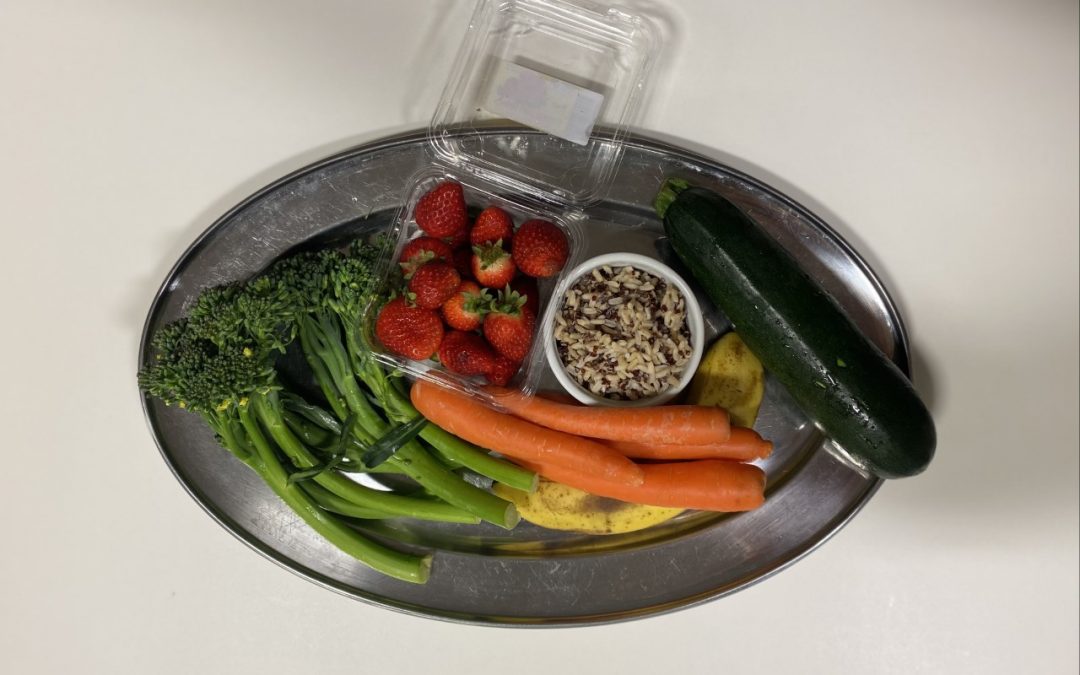A clinical trial to assess the effects of a plant-based diet on kidney disease could offer new hope to patients, according to University of Wollongong researchers.
The Illawarra-Shoalhaven area has double the national average rate of kidney disease and Illawarra Health and Medical Research Institute (IHMRI) scientists are investigating the impact of plant-based on gut microbiota to help manage the disease.

Image: Jordan Stanford at the IHMRI clinical trial facility. Source: Lucy Dinn.
“Microbiota produce chemicals that are either good or bad for us. In the case of kidney disease there is a higher portion of bugs that can cause toxic chemicals that attack the kidney and cause further progression,” PhD candidate Jordan Stanford said.
“So we’re trying to see if we can essentially manipulate what bugs are there and what they’re doing by using food.
“If we feed them certain things we might be able to grow good bugs that can be useful for health and get rid of those bad unhealthy bugs.”
Ms Stanford said the Illawarra is a good catchment area for her research because of its large population of people living with kidney disease.
“We suspect the area’s high rate of disease is because of higher rates of obesity, hypertension, which is high blood pressure, and high rates of diabetes,” Ms Stanford said.

Infographic: Chronic Kidney Disease Hot Spots. Illawarra-Shoalhaven area indicated by number 10. Source: Kidney Health.
Academic Program Director for Nutrition and Dietetics at the University of Wollongong, Dr Kelly Lambert said the trial could also improve how dietary care is provided to people with kidney disease.
“This trial has the ability to broaden the types of foods that people eat and not only does it improve clinical outcomes, but it also improves their quality of life,” Dr Lambert said.
Dr Lambert said the trial aimed to provide a diet that doesn’t worsen kidney function, that manages the disease and allows patients to eat more food.
There is no cure for kidney disease.
“We can’t reverse it, we can’t go backwards,” Ms Standford said.
“What we’re offering is another treatment that hopefully, in the ideal situation, can delay the progression of the disease.”
Ms Standford said the trial could potentially lower the financial burden of medication and dialysis costs for patients, as well as social and emotional costs involved with kidney disease.
The researchers hope to have the trial results analysed by September.

